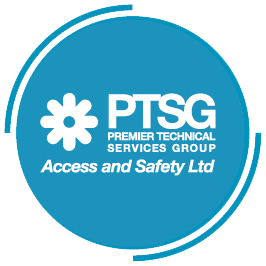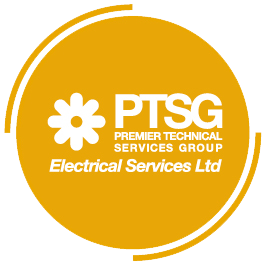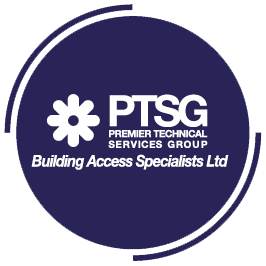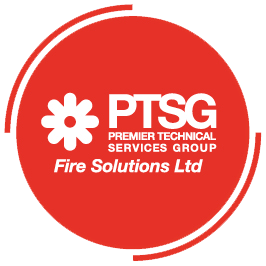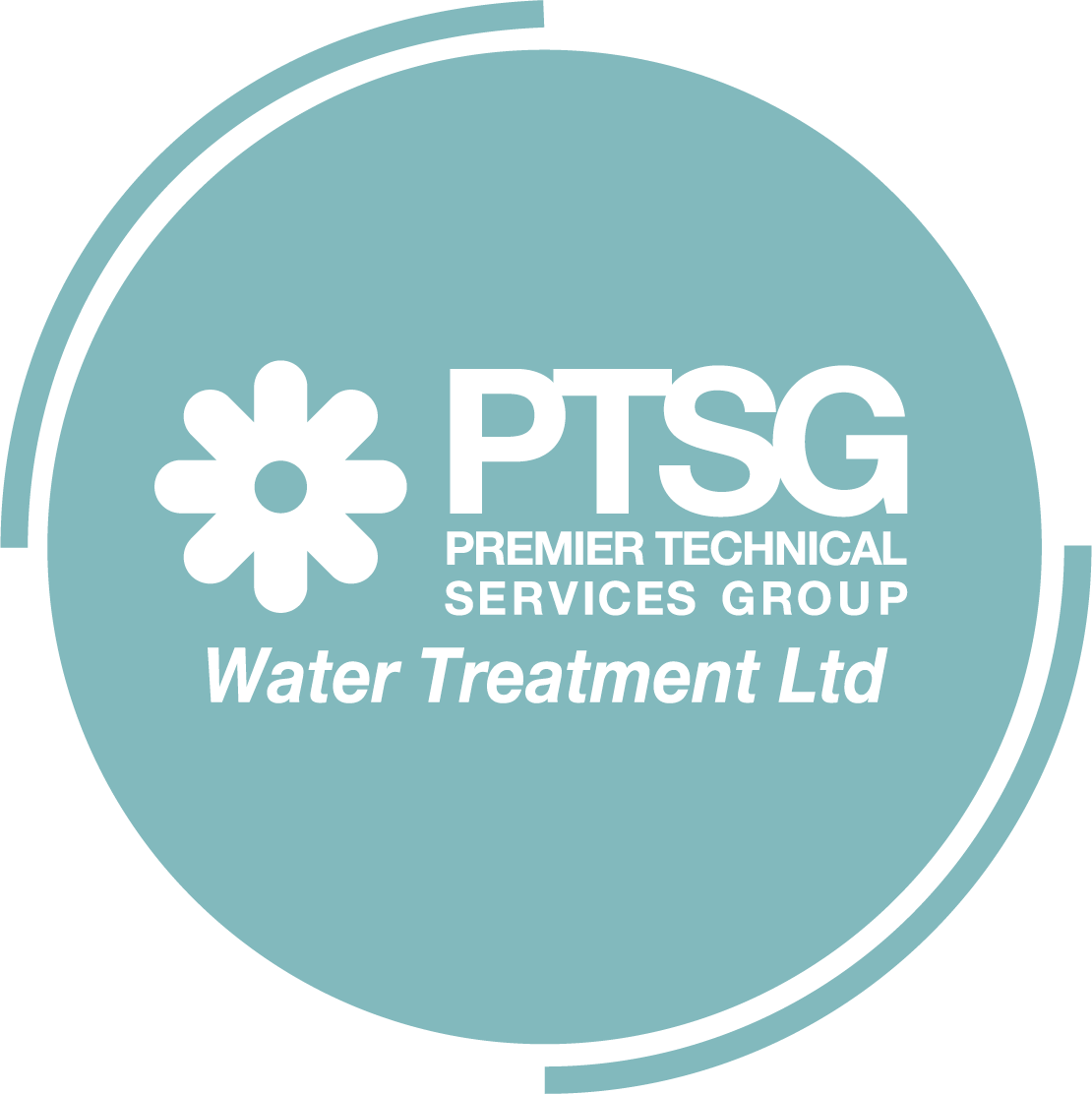Compliance is a legal obligation for building managers in all areas of facilities management. While there may be a temptation to treat it as a box-ticking exercise, the importance of inspecting and servicing equipment within buildings in all industry sectors cannot be overstated.
Failure to properly maintain building systems, from water hygiene and treatment to fire and life safety systems, can be catastrophic. It can cost lives – and careers. However, specialist services providers such as PTSG can take the burden away from buildings and facilities managers, ensuring their buildings are fully compliant. Not only does this meet their legal obligations, it also means buildings operate more efficiently, it protects the company’s reputation – and provides peace of mind that all building users are as safe as possible.
TMVs
TMVs are valves that use a temperature-sensitive element and blend hot and cold water to produce water at a temperature that safeguards against the risk of scalding, typically between 38°C and 46°C depending on outlet use. There is a legal duty to assess the risk of scalding and to adopt appropriate measures to control it.
The blended water downstream of TMVs has the potential to provide an environment in which legionella can multiply, thus increasing the risks of exposure. Therefore, the use and fitting of TMVs should be informed by a comparative assessment of scalding risk versus the risk of infection from legionella.
Before assessing the risks associated with a building’s water system, it is important to understand the type of system, its constituent parts and operation. Simplified examples of different basic systems are as follows (with links to pages from the website of the Health and Safety Executive):
- Smaller hot and cold water systems – non or low storage systems
- Hot and cold water storage – gravity fed system
- Pressurised mains-fed water system
- Hot water storage only
- Cold water storage only – mains pressure hot water system
Where a risk assessment identifies the risk of scalding is insignificant, TMVs are not required. The most serious risk of scalding is where there is whole body immersion, such as with baths and showers, particularly for the very young, very elderly, infirm or significantly mentally or physically disabled people or those with sensory loss, and TMVs should be fitted at these outlets.



